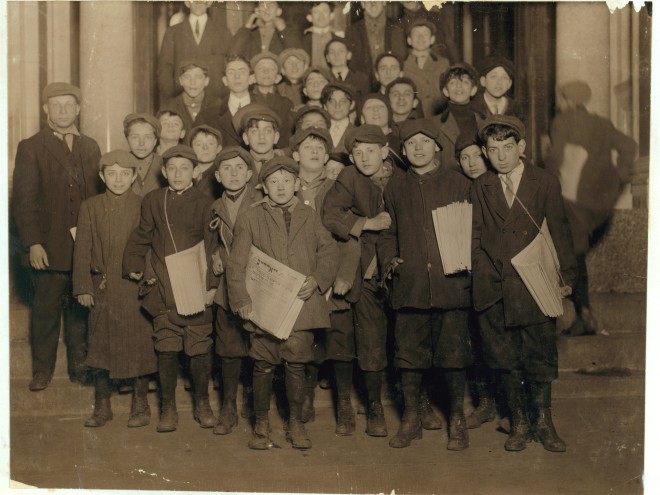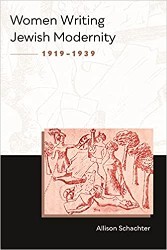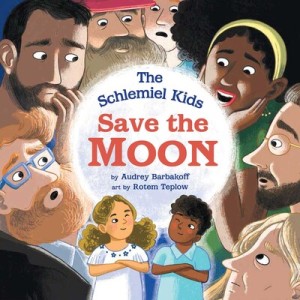This fascinating book argues that gender played a crucial role in the development and success of New York’s daily Yiddish newspapers over one hundred years ago. It traces the transformation of the Yiddish dailies from the late 1800s through the 1920s, demonstrating their growing importance to the Jewish American immigrant community. Ayelet Brinn, a skilled historical scholar, examines publications that span a broad ideological spectrum, including the conservative Orthodox Tageblat, the nonpartisan Tog, and the Socialist Forverts. She also explores the lives of the men and women who contributed to the dailies.
The book’s five chapters each focus on a different period in the dailies’ development. In the 1890s, dailies’ editorial staff broadened their readership by incorporating innovations from the mainstream American press. In addition to changing layouts, they began to include “women’s content”: women’s columns, human-interest stories, fiction, and gendered marketing strategies. Attracting female readers was viewed as essential for promoting advertisements, given that women purchased most of the household goods. Editors made sure that the new content was aligned with their paper’s particular ideological focus.
The success of these changes led to the addition of advice columns, the most famous of which was the Forverts’ “Bintel Brief.” Founded in 1906, the Brief took inspiration from the “Advice to the Lovelorn” columns, which were popular in the American Anglophone press. Along with romantic advice, the Bintel Brief addressed issues such as workplace stresses, and tensions between parents and children, neighbors, and friends. These columns also helped new immigrants with the acculturation process, providing them with information that helped to clarify the cultural and religious differences between the US and Eastern Europe. Through these columns, the newspapers established interactive relationships with their readers, who would drop by newspaper offices seeking advice. Several even set up daily office hours.
In 1924, Congress passed the Johnson-Reed Act, which limited Eastern European immigration. Without an influx of new Yiddish readers, the importance of the dailies began to dwindle. However, as Brinn makes clear, the dailies once served as a force that benefited the community.
Linda Kantor-Swerdlow is a retired Associate Professor of History Education from Drew University and the author of Global Activism in an American School: From Empathy to Action. She is currently freelancing and reviews books and theater.




